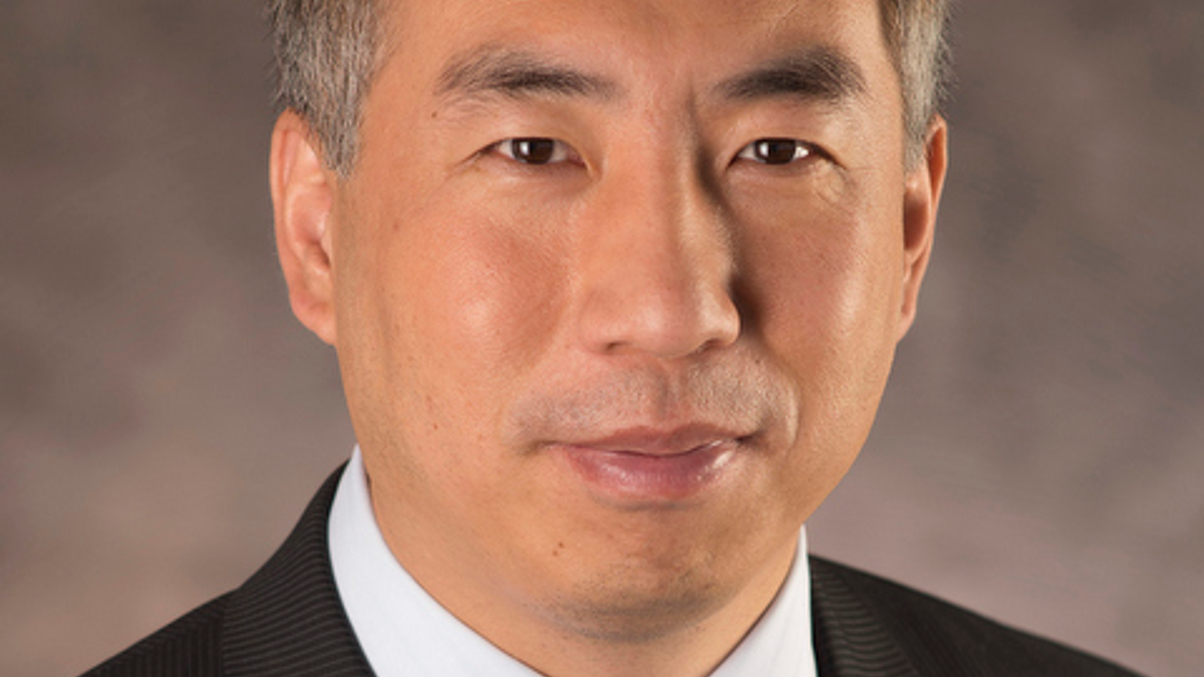Dimensional to build Asia intermediaries business
The $388 billion US-based systematic asset manager is registering eight funds in Singapore and has moved an executive there to expand its distribution through advisers in the region.

Dimensional Fund Advisors (DFA) sells most of its products globally via intermediaries, but in Asia has largely focused on institutional clients. Now the US systematic asset manager is moving to expand its distribution in the region through financial advisers and private banks. To that end, it is registering eight mutual funds in Singapore and has relocated regional director Joel Teasdel to the city-state.
Sign in to read on!
Registered users get 2 free articles in 30 days.
Subscribers have full unlimited access to AsianInvestor
Not signed up? New users get 2 free articles per month, plus a 7-day unlimited free trial.
¬ Haymarket Media Limited. All rights reserved.


